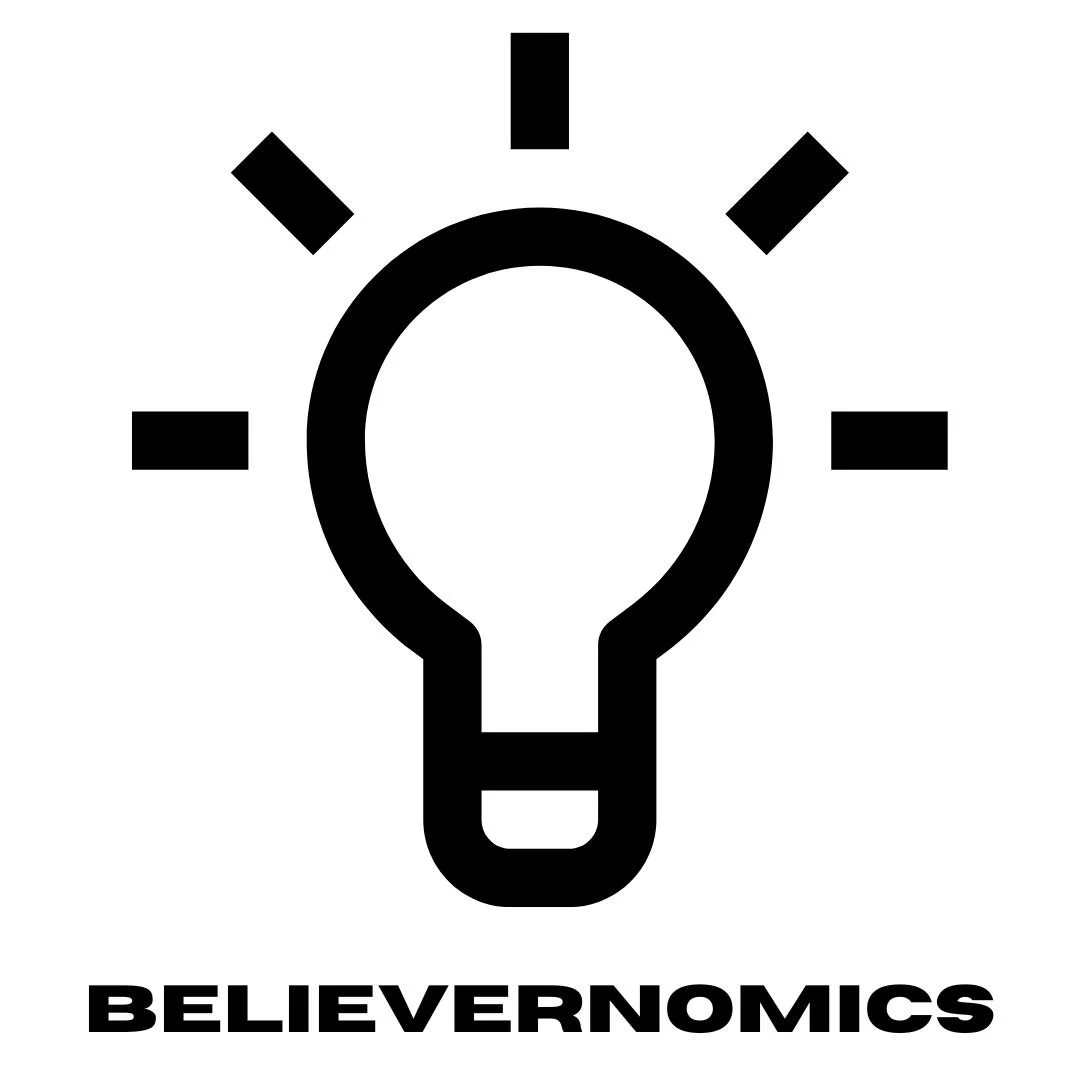The seven questions that will define your brand
Image courtesy of Renato Trentin on Unsplash
In this first of a three part series on branding, we look at the seven questions that will ultimately define your brand.
By itself, a strong brand is not a guarantee of success, but it is essential if you want to be successful. Businesses obsess over their brands, spending millions to cultivate, promote and, when necessary, re-brand their products. Brands matter because they are measures of trust, tests of authenticity and definers of relationships. A business with a strong brand can take risks, afford to fail and set trends. Brands can imbue status and standing to those who associate with them. A strong brand can also drive change by lending credibility, focusing interest and galvanising support for a cause.
Brands are personal and social, they are cross-cultural and geo-spatial. To ignore the importance of branding, is to ignore a simple reality that, even more than money, brands are the most tradable commercial and social currency in any economy, anywhere in the world. That said, it is important to remember that your brand is not the same thing as an image. In simple terms, you image is what you project, but your brand is what they experience. Therefore, if you want to create a great brand then create a memorable experience.
So what are the fundamentals of any brand and what are the factors that define it? Set out below are the seven questions that will define your brand.
1. What do you care about?
The things you care about and how you give expression to them, are powerful brand measures. They are encapsulated in the aims, objectives and purpose that you pursue as well as the relationships that you cultivate and how you manage them. However, the things that you care about can also be imputed. Take those who serve in the military as a case in point. By virtue of their service, the risk to which they willingly expose themselves and their example of self-sacrifice; service men and women are rightly seen as people of courage and character. The point to note here is that everyone cares about something and, more often than not, the best evidence of the things you care about, are the things that you do
2. Can you be trusted?
Trust is a measure of consistency and stability. It speaks to your reliability and the extent of your influence. In business, trust doesn’t just keep customers, it helps you to win new ones as well. A business that can be trusted, maintains standards. It is also in a good position to innovate and try new things, because customers will always believe, that whatever is done, is for the right reasons and with their best interests in mind. In a broader social context, trust speaks to your ability to provide assurance during times of uncertainty. As social commodities go, trust is probably the most valued of all. As such, any individual, business or interest that cannot answer in the affirmative to the question, of trust, has little of anything else to offer.
3. Can you solve problems?
Few questions are as defining of a brand as whether it solves problems. Those who find problems are useful, but those who solve them are indispensable. In the branding context, problem solvers increase convenience, facilitate personalisation and save time. A brand that can be associated with problem solving will not just be the first invited into the room, it will ultimately be the last to leave as well. To build a brand that people want to associate with, or to graduate from a good brand to a better one, you must be able to solve problems.
4. Is what you have to offer, worth what I am willing to give?
It is easy to forget that a brand is not just a product, it is also a currency. If you don’t know what your currency is worth, you will not get value in exchange. Therefore, being self-aware enough to know the true worth of your brand is absolutely critical. If you do not know the value of your brand, how do you expect anyone else to? In a commercial environment, consumers do not want to pay any more for an under-valued brand than they do for an over-valued one. The onus therefore is on the supplier to do the due diligence and ensure that what they have to offer, is worth what others are willing to give.
5. When you speak who listens?
Does your brand have genuine authority? There are two key points to raise here; first, authority is not just about whether anyone listens, because even weak brands are able to attract an audience. Rather, the question is: when you exercise your authority, does anyone even care? Once you have spoken does your brand drive behaviour? Does it affect sentiment? Is it taken seriously? The second point, is not just about whether you attract an audience, it is about whether you attract the right audience? A brand with authority operates with influence and delivers the right message to the right audience at the right time.
6. Are you adaptable?
Adaptability is the ultimate evidence of relevance. It speaks to the idea of openness, change and a capacity for innovation and re-invention. In a branding context, if you are relevant then you are relatable and if you are relatable then you have appeal. The point about adaptability is significant, because it is the ability to adapt that enables a brand to appeal to different demographics and be influential across a wider span of interest. This in turn creates opportunities for a brand to be more impactful and effective.
7. What do others say about you?
The ultimate strength of a brand is the number and range of people who are willing to endorse or recommend it. No matter what you say about yourself, or the image that you project, your true brand is what people experience and say about you. Therefore, if people have good experience, then they will not only talk about them, they will come back and bring others. There are few true measures that say more about the impact and effectiveness of a brand than the chatter it is able to generate by word of mouth.
In conclusion, irrespective of whether you are an individual or a business, the questions in this blog, are an evaluative framework for the critical assessment of your brand. In addressing these questions, it is worth remembering that whilst brands are dynamic, they are also uncomplicated and predictable. As such, the better you understand how they are defined, the better able you will be to determine both the efficacy and viability of your brand.


